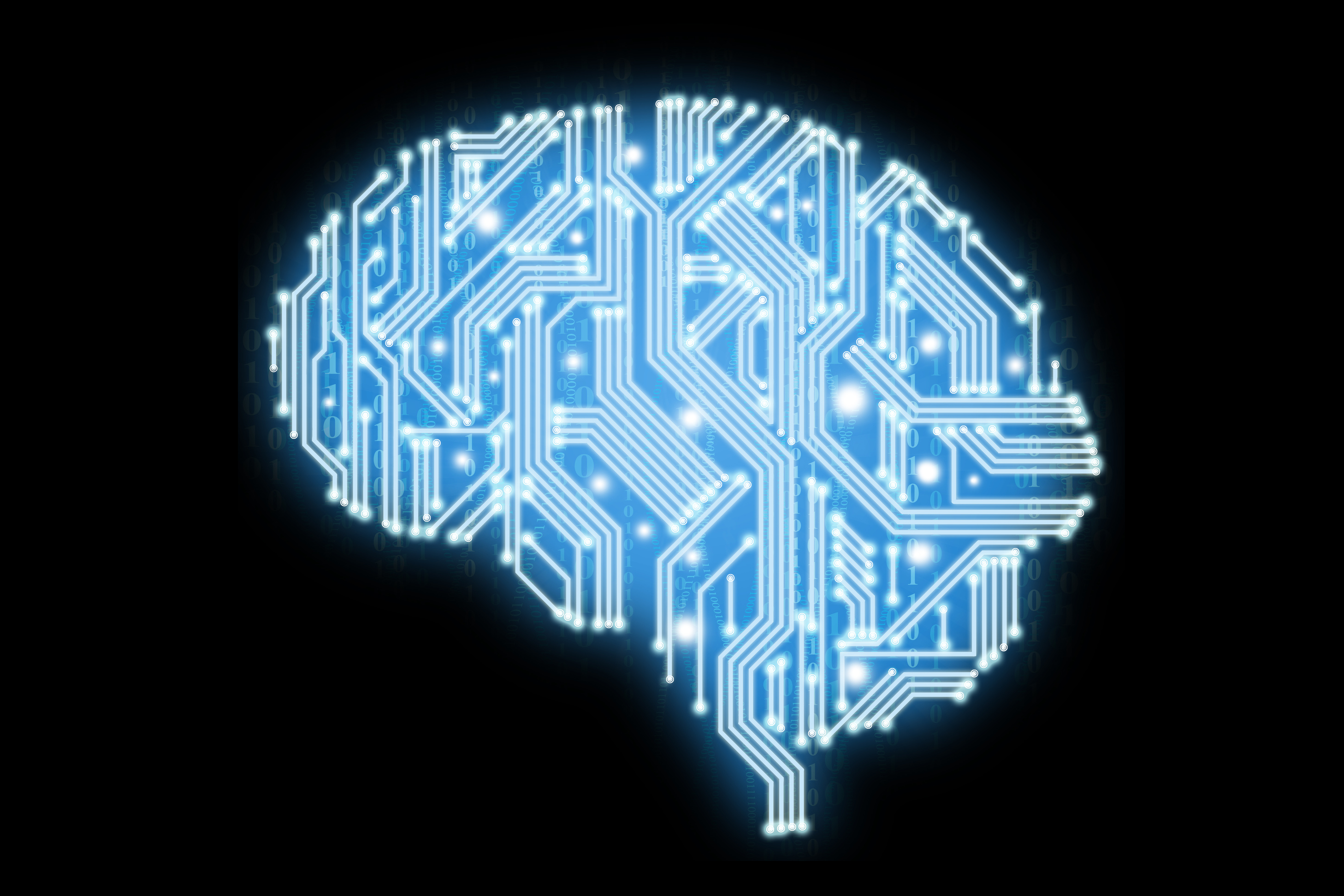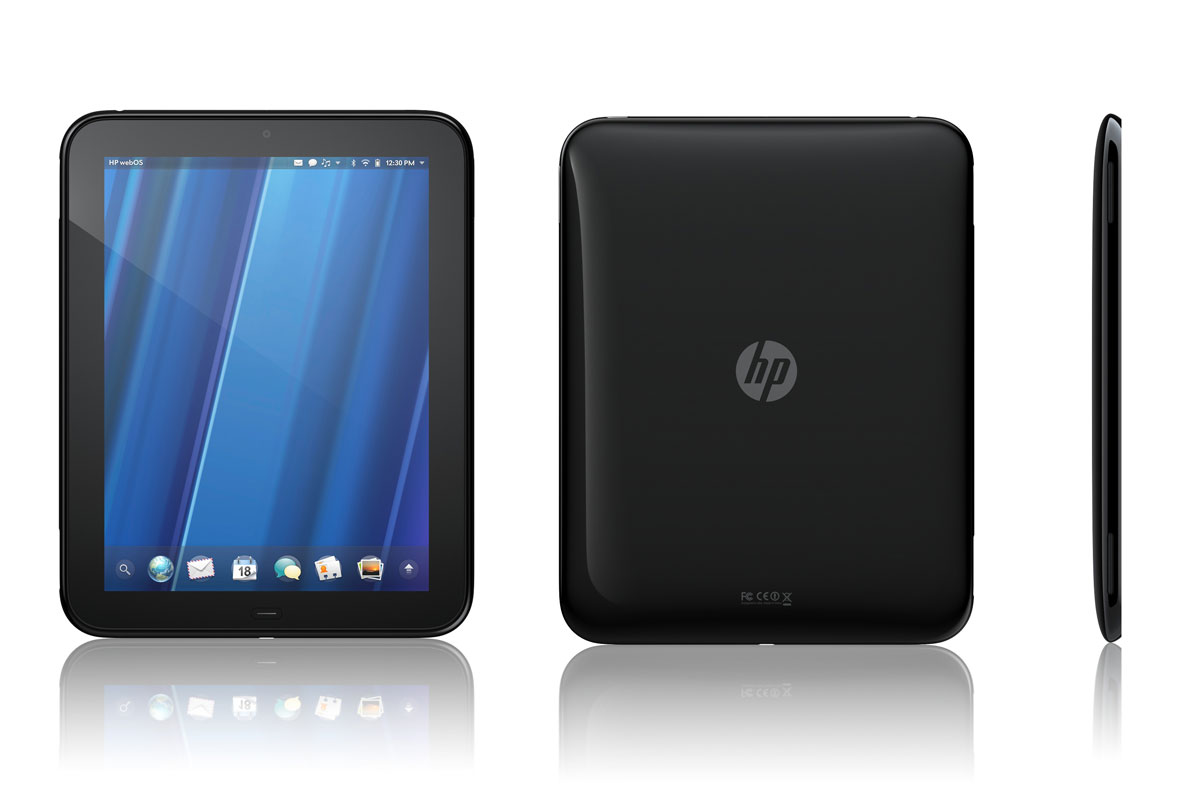Microsoft’s new AI tells stories based on your photos
But the AI struggles to describe pictures as anything but “awesome”

Microsoft's latest AI system can automatically caption photos based on the people and objects in them, and the context they were taken in.
In development at Microsoft Research, the aim of the project is to explain what appears in a picture, as well as what seems to be happening and how it might potentially make a person feel, the researchers told Live Science.
Computers are already at work identifying what is in photos, such as Facebook's auto-tagging and Google's image search, which is capable of matching similar images based on colour, objects and even postures.
Facebook's own AI development group, FAIR, last year revealed its own AI can recognise images in photos, while in April this year it started captioning photos for blind people via its own Automatic Alternative Text engine.
In order to build its own system, Microsoft's researchers used deep learning methods, for instance, getting the computer to learn how to identify cats in photos by analysing thousands of examples of cats.
Scientists fed more than 8,100 new images into its storytelling system to analyse what stories it generated.
An image captioning program might take five images and suggest: "This is a picture of a family; this is a picture of a cake; this is a picture of a dog; this is a picture of a beach."
Get the ITPro daily newsletter
Sign up today and you will receive a free copy of our Future Focus 2025 report - the leading guidance on AI, cybersecurity and other IT challenges as per 700+ senior executives
But Microsoft's storytelling program could take those same images and suggest: "The family got together for a cookout; they had a lot of delicious food; the dog was happy to be there; they had a great time on the beach; they even had a swim in the water."
The system is still in it early stage for the time being.
Researchers had to gauge how effective the system was at generating stories. Because of the large number of stories the computer generated, they deicide to use an automated method. They found that this automated method rated the computer storyteller as performing almost as well as human storytellers.
However, the system still has a tough time differentiating words, and in the initial tests, has been prone to describe everything as being "awesome".
Margaret Mitchell, study senior author and a computer scientist at Microsoft Research, said the future for this technology is to "help people share their experiences while reducing nitty-gritty work that some people find quite tedious".
This is the latest AI experiment from Microsoft's research arm, which also let loose the disastrous Tay chatbot on Twitter earlier this year.
Amazon recently built out its own AI division with the purchase of Orbeus, an image recognition firm.
-
 Cleo attack victim list grows as Hertz confirms customer data stolen
Cleo attack victim list grows as Hertz confirms customer data stolenNews Hertz has confirmed it suffered a data breach as a result of the Cleo zero-day vulnerability in late 2024, with the car rental giant warning that customer data was stolen.
By Ross Kelly
-
 Lateral moves in tech: Why leaders should support employee mobility
Lateral moves in tech: Why leaders should support employee mobilityIn-depth Encouraging staff to switch roles can have long-term benefits for skills in the tech sector
By Keri Allan
-
 Microsoft Siri rival Cortana details "leaked"
Microsoft Siri rival Cortana details "leaked"News Windows Phone 8.1 digital assistant "exposed" in photos and video.
By Jane McCallion
-
 Top 10 tech winners and losers of 2011
Top 10 tech winners and losers of 2011In-depth Many companies and products have done well in 2011 and many others haven't. The winners are as glorious as the losers are dejected and desperate...
By Alan Lu